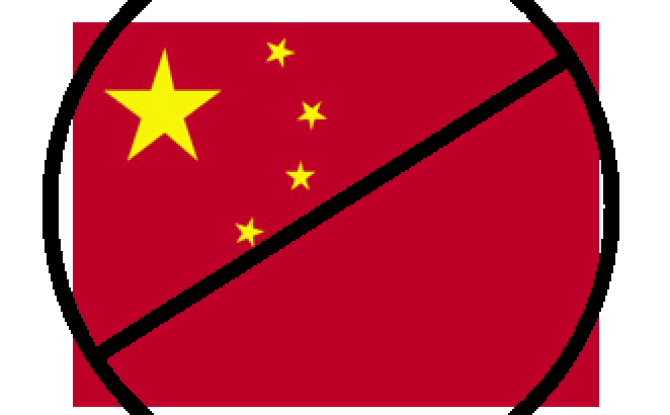
Adoption Gay Couples in China Look Abroad
Adoption Gay Couples in China Look Abroad
to Start a Family
Xu Zhe decided a few years ago that he wanted to get married and have a baby—typical life plans for a young man in China. But Mr. Xu is gay and his goals aren’t attainable in his country: Same-sex marriage and surrogacy aren’t legal.
That is why the Shanghai native set out for the U.S. in 2013. Mr. Xu and his long-term boyfriend married that year in California, in a symbolic gesture, since their marriage isn’t recognized in China. Shortly after exchanging vows, they began a search for an egg donor and a surrogate to carry their daughter. She was born earlier this year.
Their situation isn’t unique as the emergence of fertility services and surrogate programs geared toward gay Chinese suggest more couples are heading overseas to start their families.
Many go to the U.S. because of its robust gay-rights movement and liberal reproductive policies. Surrogate carriers are legal in some U.S. states and are believed to be more regulated than elsewhere in the world. The laws on parental rights are clear.
Yet this trend, while still nascent, is in some respects turning history on its head. For years, childless Americans have flocked to China in hopes to adopt a child there. Now, a segment of the Chinese population is looking to the U.S. to help them become parents.
“In the long run, I hope it’ll be possible for China to make it easier for all people to have their own families,” said Mr. Xu, who declined to disclose his partner’s and daughter’s names for this article.
Adoption Gay Couples in China: Gay & Lesbian couples in China resign themselves to not having children to avoid stigma!
There are no official estimates of how many Chinese same-sex couples are going to the U.S. to have children. The cost is prohibitive for most; the total bill, including egg donation, surrogacy and attorney and hospital fees, can reach up to $150,000. But the emergence of fertility consultancies and gay-rights activists acting as surrogates signals rising demand.
Carey Flamer-Powell launched an Oregon agency called All Families Surrogacy earlier this year, in part to help China’s gay and lesbian population, she said. She and John Hesla, an infertility specialist at Portland fertility clinic Oregon Reproductive Medicine, flew to Shanghai in June to speak to around 100 same-sex couples about their options for starting their own families.
“There’s research showing that in the future a man could harvest a stem cell, but don’t plan your family on that,” Dr. Hesla told the couples. He said that most would prefer their children to share their DNA and that the option is more easily available in the U.S. Around 40% of his patients are Chinese couples, some of whom are homosexual, Dr. Hesla said.
Around 20 same-sex Chinese couples have traveled to Los Angeles-based clinic HRC Fertility for services this year, up from around seven last year, said Peter Deng, chief executive of HRC’s China arm, which launched its marketing offices in China two years ago.
While most gay and lesbian couples in China resign themselves to not having children to avoid stigma, demand is high enough that Mr. Xu has also launched a health consultancy in Shanghai. It aims to connect the city’s gay community with overseas clinics, explain the medical procedures and outline options for bringing a child back to China as a foreign citizen or with a Chinese travel document.
Click here to read the entire article.
Wall Street Journal China – October 2, 2015
SHANGHAI—
